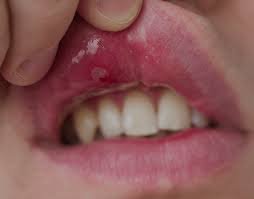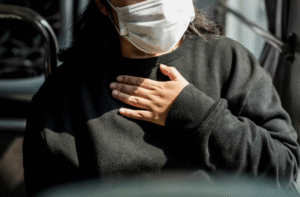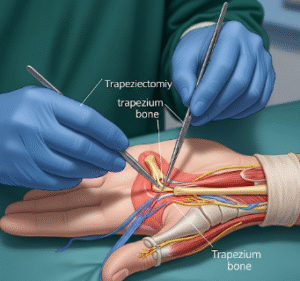Overview
Mouth ulcers, also called canker sores, are small, painful lesions that appear inside the mouth or on the lips. They are a common oral health issue in Korea, affecting both children and adults. While most mouth ulcers are harmless and heal on their own, recurrent or severe cases can interfere with eating, speaking, and overall quality of life. Korean dental and medical clinics provide a range of diagnostic, medical, and supportive treatments for effective management.
What are Mouth Ulcers?
Mouth ulcers are painful sores that develop on the mucous membranes of the mouth. They can be minor, major, or herpetiform, depending on their size and frequency. The exact cause is not always clear, but they are often linked to stress, minor injury, nutritional deficiencies, infections, or underlying medical conditions.
Symptoms
- Small, round or oval sores inside the mouth
- Pain or discomfort, especially while eating, drinking, or speaking
- Red, inflamed edges with a white or yellow center
- Swelling in the surrounding area
- Burning or tingling sensation before the ulcer appears
- Fever and general malaise in severe cases
Causes
- Minor injuries to the mouth (biting, dental procedures, braces)
- Viral infections (herpes simplex virus may cause similar lesions)
- Nutritional deficiencies (iron, folic acid, vitamin B12)
- Hormonal changes or stress
- Autoimmune or systemic diseases (e.g., Crohn’s disease, celiac disease)
- Allergic reactions to certain foods
Risk Factors
- Family history of recurrent mouth ulcers
- Poor oral hygiene or trauma to the mouth
- Stress or emotional strain
- Certain medications (NSAIDs, beta-blockers, chemotherapy drugs)
- Gastrointestinal disorders or systemic illnesses
Complications
- Severe pain leading to difficulty eating or drinking
- Secondary bacterial infections in chronic or untreated ulcers
- Weight loss or nutritional deficiencies if eating is restricted
- Recurrent ulcers affecting daily life and mental well-being
Prevention
- Maintain good oral hygiene and regular dental check-ups
- Avoid foods that trigger irritation (spicy, acidic, or rough-textured foods)
- Manage stress through relaxation techniques or counseling
- Ensure adequate nutrition (iron, folic acid, vitamin B12)
- Avoid trauma to the mouth (careful brushing, protective dental devices if needed)
Treatment Options in Korea
Korean clinics offer a combination of over-the-counter remedies, prescription medications, and supportive care to manage mouth ulcers effectively.
- Diagnosis
- Clinical examination by a dentist or ENT specialist
- Blood tests to check for nutritional deficiencies or underlying conditions
- Biopsy in rare cases for chronic, non-healing ulcers
- Medical Management
- Topical treatments: antiseptic gels, corticosteroid ointments, or protective pastes
- Pain relief medications: mouth rinses or systemic analgesics
- Vitamin and mineral supplements to correct deficiencies
- Prescription medications for severe or recurrent cases
- Supportive Care
- Maintaining oral hydration
- Using saltwater or medicated mouth rinses
- Avoiding irritating foods and beverages












